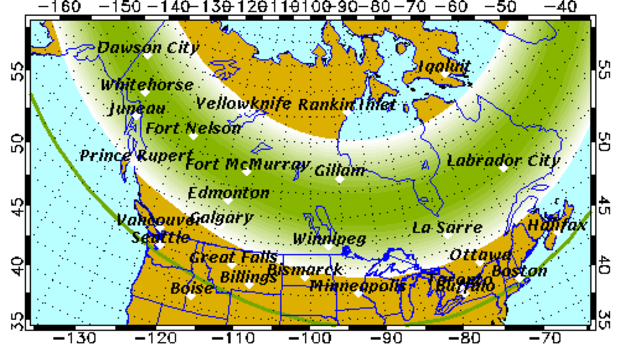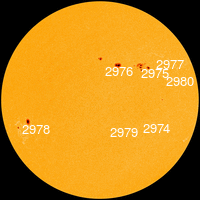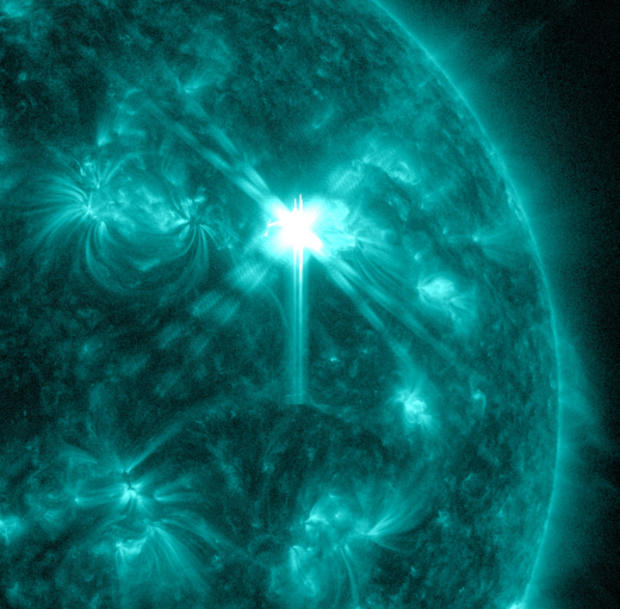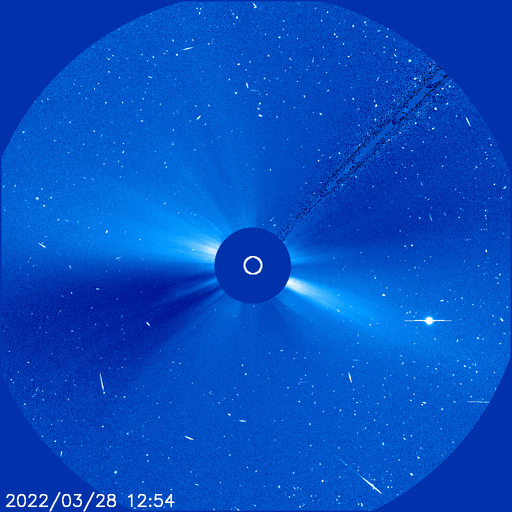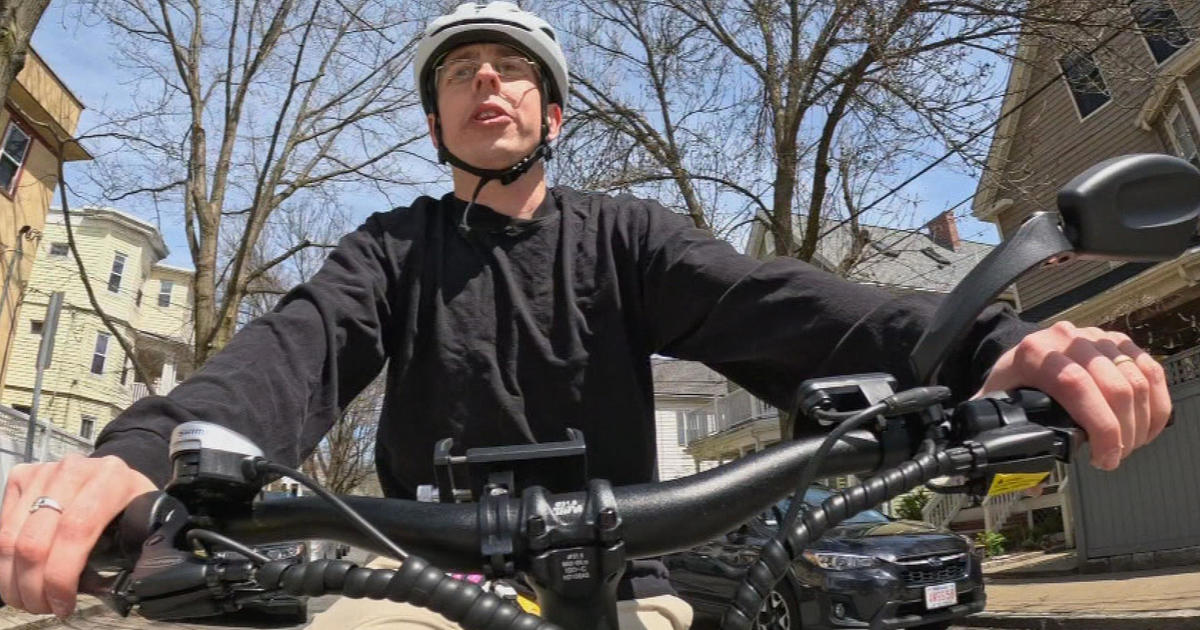Clouds Will Dash Hopes At Seeing Aurora In News England Skies Wednesday Night
BOSTON (CBS) - The sun is waking up...
Most of us certainly take for granted that the burning hot star in our solar system, otherwise known as the sun, is keeping us alive and well. When was the last time you gave it any real thought? The orb of heat and light 93 million miles away is essentially responsible for all that we consider life. While we still have billions of years before it begins to die and eviscerate all the inner planets, there is still good reason to keep a close eye on what it is doing on a daily and yearly basis.
The sun operates in 11-year cycles of activity. We are just emerging out of a "solar minimum" (a period of relative quiet, low activity on the surface of the sun) and beginning a new solar cycle. Putting it mildly, the sun is a very busy and volatile place. So, when I say our sun is "waking up," essentially what I mean is that we are entering another active period on the solar surface.
Solar activity is often measured by the number of sunspots on the surface of the sun. The more active the sun, the more sunspots. If you look at imagery of the sun from today, you will notice darker areas on the Sun's surface (sunspots) which are cooler than the surrounding area. These spots are created by electrically charged gases that are swirling around and generating powerful magnetic fields. These swirling gases will stretch and contort the magnetic field so dramatically that often we get an explosion or eruption emanating from the sunspot itself. This eruption is also known as a solar flare. In an active solar period (like we are currently in), the sun will essentially belch out solar flares quite regularly. When one of those sunspots and solar flares is aimed right at Earth, we take special notice.
Just a few days ago, on March 28, the sun unleashed a bevy of flares, 17 in all, many directed right at our planet. In fact, NOAA computer models are suggesting that some of the flares will combine into one large ejection, called a "Cannibal CME (coronal mass ejection)," that will hit Earth's atmosphere tonight and early on Thursday. Thankfully, we have an atmosphere that is capable of shielding us from these massive bursts of radiation. However, there may be some effects and impact in the next 24 hours or so. Given that the size of this ejection is considered medium-sized (M-class), the most likely effects would be some intermittent problems with high-frequency radios and satellites and GPS navigation systems.
Perhaps the biggest bi-product of solar flares and most newsworthy for the masses would be Aurora's. If you have spent any time living in higher latitudes, say up in northern Canada or Alaska, you have undoubtedly seen the Northern Lights many times. But, for us down here in New England, they are a very rare phenomenon. Tonight is one of those special nights when folks in latitudes as far south as Oregon, Iowa and even Massachusetts COULD get a glimpse of the dancing colors of an Aurora. BUT (you knew that was coming, didn't you?), unfortunately, there will be a lot of clouds around tonight. So, given that oftentimes these Aurora alerts end up being false alarms and the fact that we will have lots of clouds around, the chances of seeing the Northern Lights tonight are very low. If, by chance, you get some clearing in your area and you are feeling adventurous, get to an area with as little artificial light pollution as possible and one with a nice view of the horizon without obstruction.
If tonight doesn't pan out, there will be many more opportunities in the coming months and years as we head towards a solar maximum in the year 2025. There could even be another opportunity in the coming days depending on what occurs with the current sunspots.
Of course, if you get lucky and manage to snap a picture or take a video, we would LOVE to see it! Send it to weather@wbztv.com
